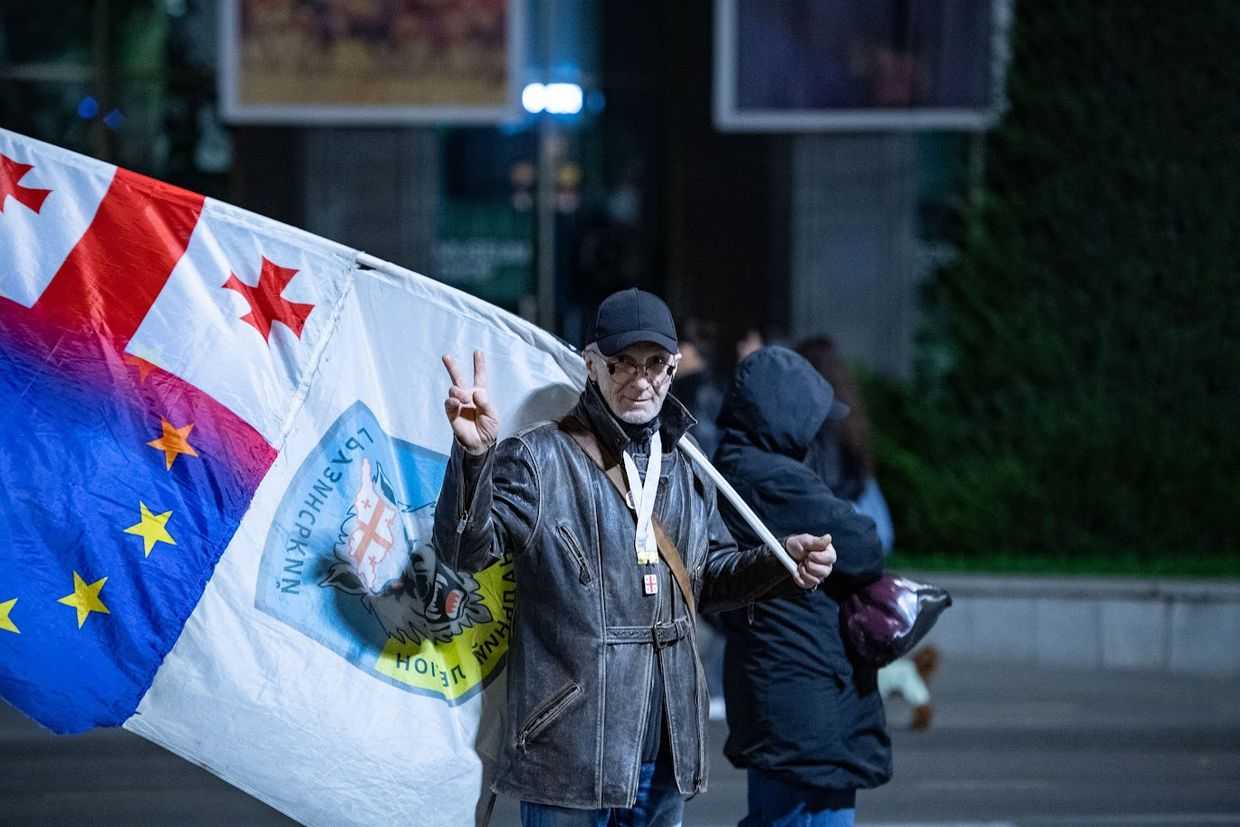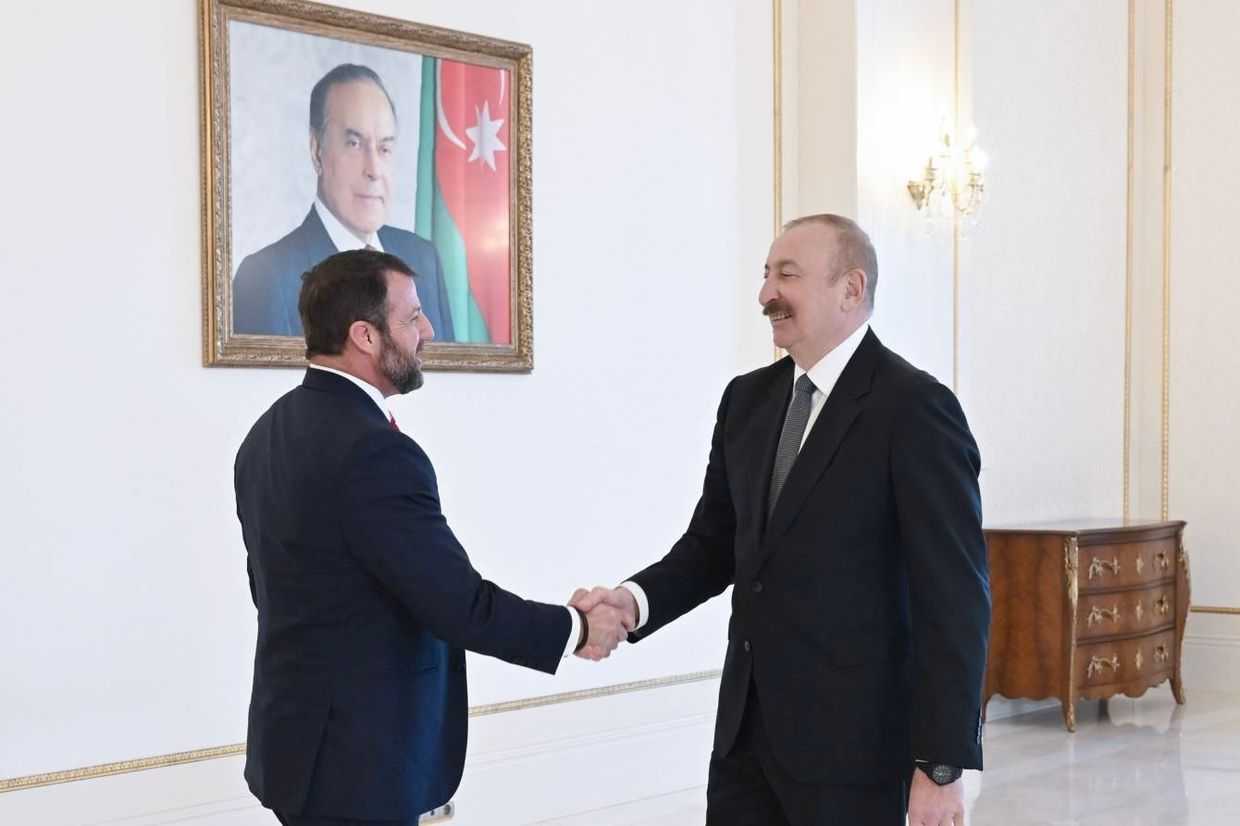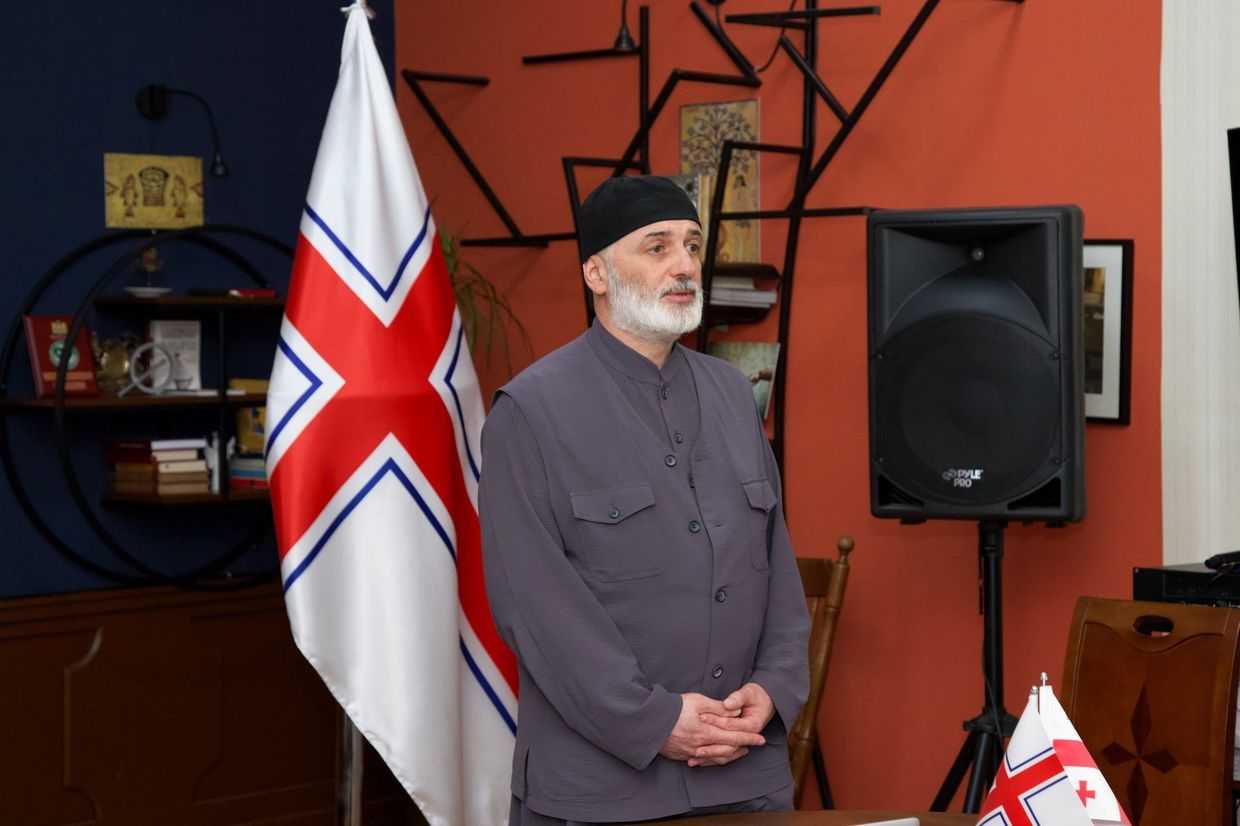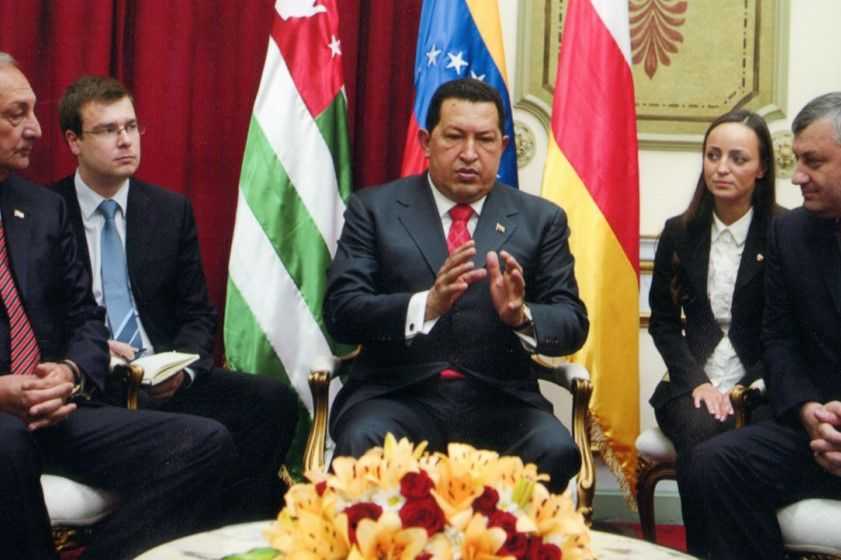
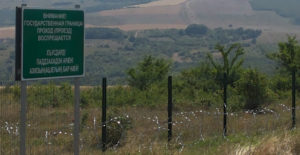
 South Ossetia plans to open a customs post in Akhalgori (Leningor), a Georgian-populated settlement in South Ossetia which borders Georgian-controlled territory. Georgian authorities have said the initiative has no future.
South Ossetia plans to open a customs post in Akhalgori (Leningor), a Georgian-populated settlement in South Ossetia which borders Georgian-controlled territory. Georgian authorities have said the initiative has no future.
Murat Tskhovrebov, the head of the South Ossetian Customs Committee, announced at a press-conference in Tskhinvali (Tskhinval) on 2 November that the step was taken to ‘control the quality and volume of goods imported from Georgia’, according to Russian state-owned media Sputnik Ossetia.
Tskhovrebov continued that the idea to open the customs post was born after ‘careful monitoring of the volumes of goods imported from Georgia, which have not been taxed until now’.
All necessary documents to fulfil the plan have been handed over to the government, he added.
Tskhovrebov specified that the customs will operate at the checkpoint in the village of Mosabruni (Razdakhan).
The initiative has been criticised in Tbilisi, with Georgian officials denouncing it. Ketevan Tsikhelashvili, the Minister of Reconciliation and Civic Equality, said ‘naturally, no customs service can exist at the occupation line in the vicinity of Odzisi [Georgian-controlled settlement near Mosabruni] and Akhalgori’.
According to Tsikhelashvili, this is because ‘there is not a border here. Georgian border with Russia crosses the Caucasus Mountains’.
The minister told Rustavi 2 TV ‘it is of utmost importance for us, that movement and goods turnover is simplified rather than restricted’, but added that ‘political statements and so-called formulations, that a customs service can operate here, are legally, politically and by all means, impossible, illegitimate’.
Razdakhan is the only checkpoint which connects territories controlled by Georgian and South Ossetian authorities. The checkpoint opened in 2010 following the August 2008 war.
Until now, the main function of the checkpoint was to register people who left or entered South Ossetia. South Ossetians can import goods of no more than 50 kilogrammes per person from Tbilisi-controlled territory. However, Sputnik claims that ‘border guards do not have a right to weigh the goods … so they have to determine the weight by eye’.
For ease of reading, we choose not to use qualifiers such as ‘de facto’, ‘unrecognised’, or ‘partially recognised’ when discussing institutions or political positions within Abkhazia, Nagorno-Karabakh, and South Ossetia. This does not imply a position on their status.



